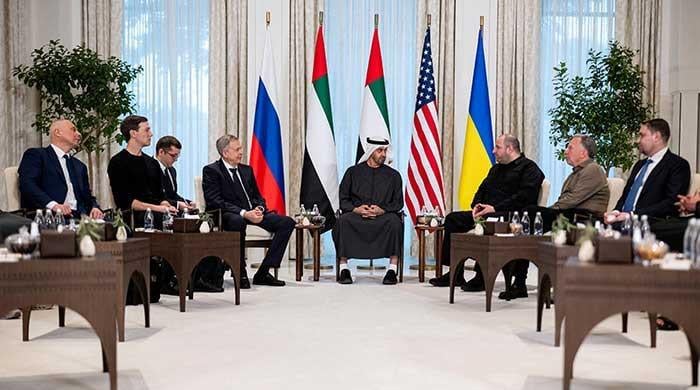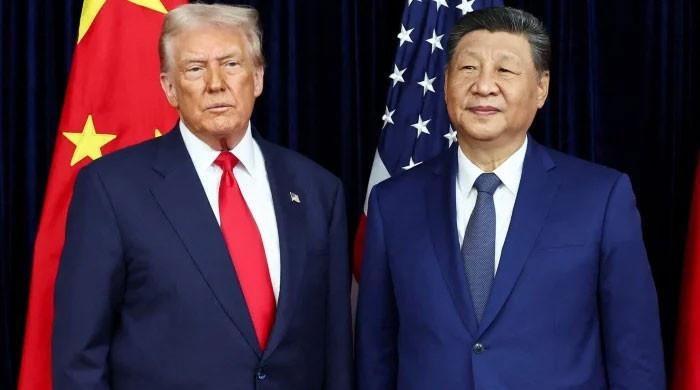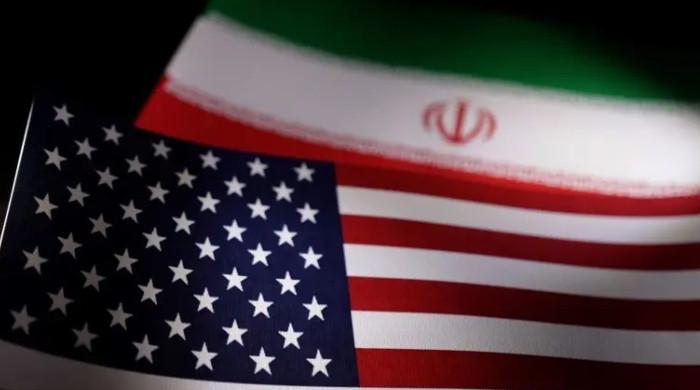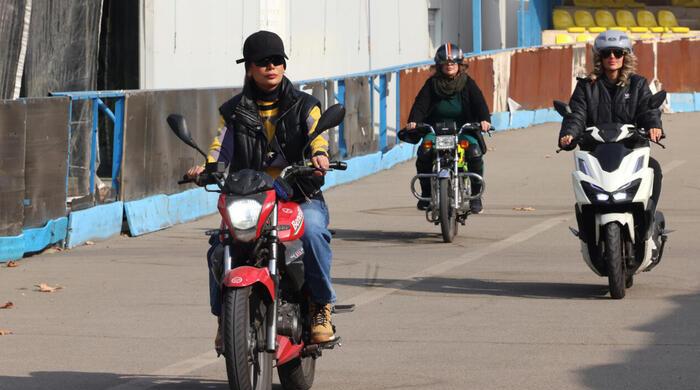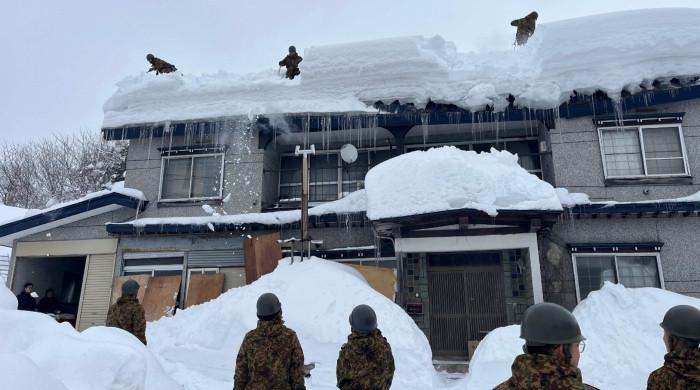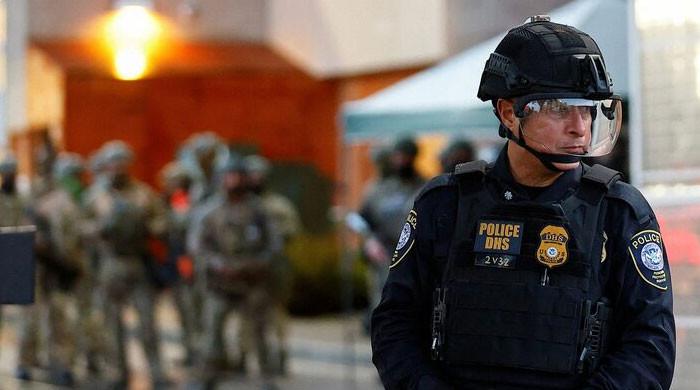UN rights body to hold urgent debate on Afghan women
Debate requested by France and European Union expected be held on July 1
June 24, 2022
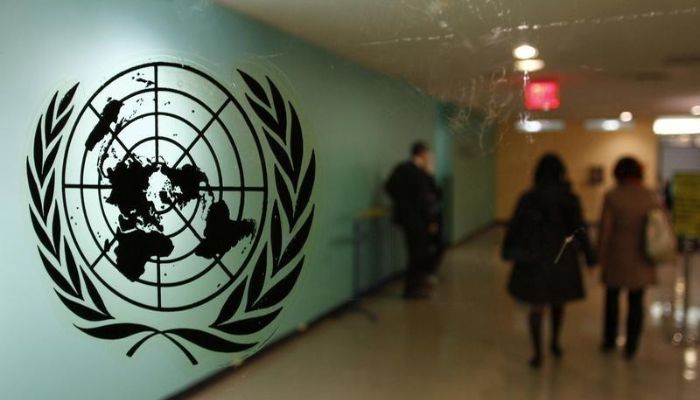
- Debate requested by France and European Union expected be held on July 1.
- To date, seven urgent debates have been held during Human Rights Council.
- UN rights chief last week slams Taliban's "institutionalised systematic oppression" of women and girls.
GENEVA: The UN Human Rights Council will hold an urgent debate to address the situation of women and girls in Afghanistan since the Taliban takeover of the country, a spokesman said Friday.
The debate, requested late Thursday by France and the European Union, is expected to be held on July 1, during the ongoing 50th session of the council, the spokesman for the UN's top rights body told reporters in Geneva.
Other countries have since backed the request by Paris and Brussels.
After seizing power in August, the Taliban have rolled back marginal gains made by Afghan women during the past two decades, limiting their access to education, government jobs and freedom of movement.
"The significant deterioration in the human rights situation of women and girls in Afghanistan since August 2021 requires the urgent attention of the council," France and the EU said in a letter to the body's president.
"Following this urgent debate, we will ask the council to examine a resolution, of which we will distribute a draft text as soon as possible."
Countries on the 47-member council can submit urgent debate requests. France and seven other EU member states are on the council.
To date, seven urgent debates have been held during Human Rights Council regular sessions since the UN's top rights body was founded in 2006 — the most recent being on Ukraine in March.
The UN rights chief last week slammed the Taliban's "institutionalised systematic oppression" of women and girls in Afghanistan, warning they face a "critical" situation.
Since the Taliban returned to power, Afghanis have been "experiencing some of the darkest moments of a generation", Michelle Bachelet told the council.
Tens of thousands of girls have been shut out of secondary schools, while women have been barred from returning to many government jobs.
Women have also been banned from travelling alone and can only visit public gardens and parks in Kabul on days separate from men.




